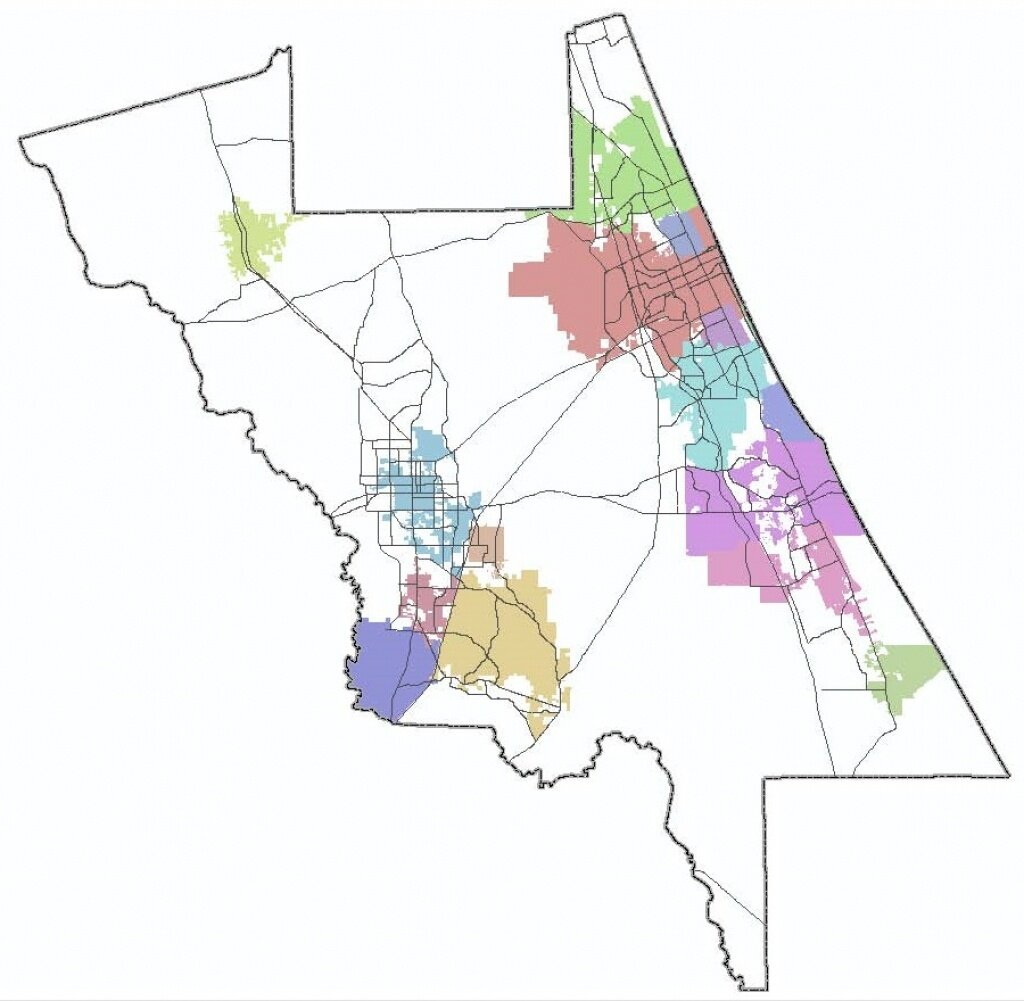Selling vacant land in Central Florida can be a lucrative venture, but it’s important to navigate the legal aspects with caution. Understanding and adhering to the legal requirements and regulations is crucial to ensure a smooth and successful transaction.
Here’s a comprehensive guide for motivated sellers on how to navigate the legal aspects of selling vacant land in Central Florida.
1. Conduct a Title Search
Begin the selling process by conducting a thorough title search on your vacant land. This will help identify any potential issues or encumbrances that may affect the sale. Engage the services of a qualified title company or real estate attorney to ensure all previous transactions, liens, easements, or other legal matters are properly addressed and resolved before proceeding with the sale.
2. Verify Zoning and Land Use Regulations

Central Florida has specific zoning and land use regulations that determine the permissible activities on your land. It is crucial to verify the zoning designation and land use restrictions applicable to your property. Consult the local zoning department or a land use attorney to understand the allowable uses and any restrictions that may impact the sale. Adhering to these regulations will help you market the property accurately and avoid potential legal issues.
3. Disclose Property Information
As a seller, you have a legal obligation to disclose all relevant information about the vacant land to potential buyers. This includes any known environmental issues, hazards, or restrictions on the property. Failure to disclose such information can lead to legal complications and even lawsuits. Be transparent about any existing environmental assessments, permits, or studies related to the land. Consult with a real estate attorney to ensure you fulfill your disclosure obligations properly.
4. Consider Easements and Right-of-Way
It is essential to identify and disclose any easements or rights-of-way that may exist on your vacant land. Easements grant others the right to use a portion of your property for specific purposes, such as utility access or road maintenance. Buyers need to be aware of these easements before finalizing the sale. Consult with a surveyor or a real estate attorney to identify and clarify any existing easements on your property.
5. Prepare and Review Legal Documents
To complete the sale of your vacant land, you will need various legal documents. These may include a purchase agreement, a deed, and any necessary addendums. Engage a qualified real estate attorney to draft or review these documents to ensure they comply with Florida laws and protect your interests. Pay close attention to the terms and conditions, purchase price, and any contingencies outlined in the agreement.
6. Seek Professional Guidance
Navigating the legal aspects of selling vacant land in Central Florida can be complex. It is highly recommended to seek professional guidance throughout the process. Engage the services of an experienced real estate attorney who specializes in land transactions. They can provide valuable advice, guide you through legal requirements, review contracts, and ensure compliance with local laws and regulations.
7. Closing the Sale
The closing process involves finalizing the sale of your vacant land. It typically includes signing legal documents, transferring ownership, and disbursing funds. Work closely with your real estate attorney, title company, and the buyer’s representative to coordinate a smooth closing. Ensure that all necessary documents are properly executed and recorded.
By taking these necessary steps, you can confidently sell your vacant land in Central Florida while mitigating potential legal risks.

